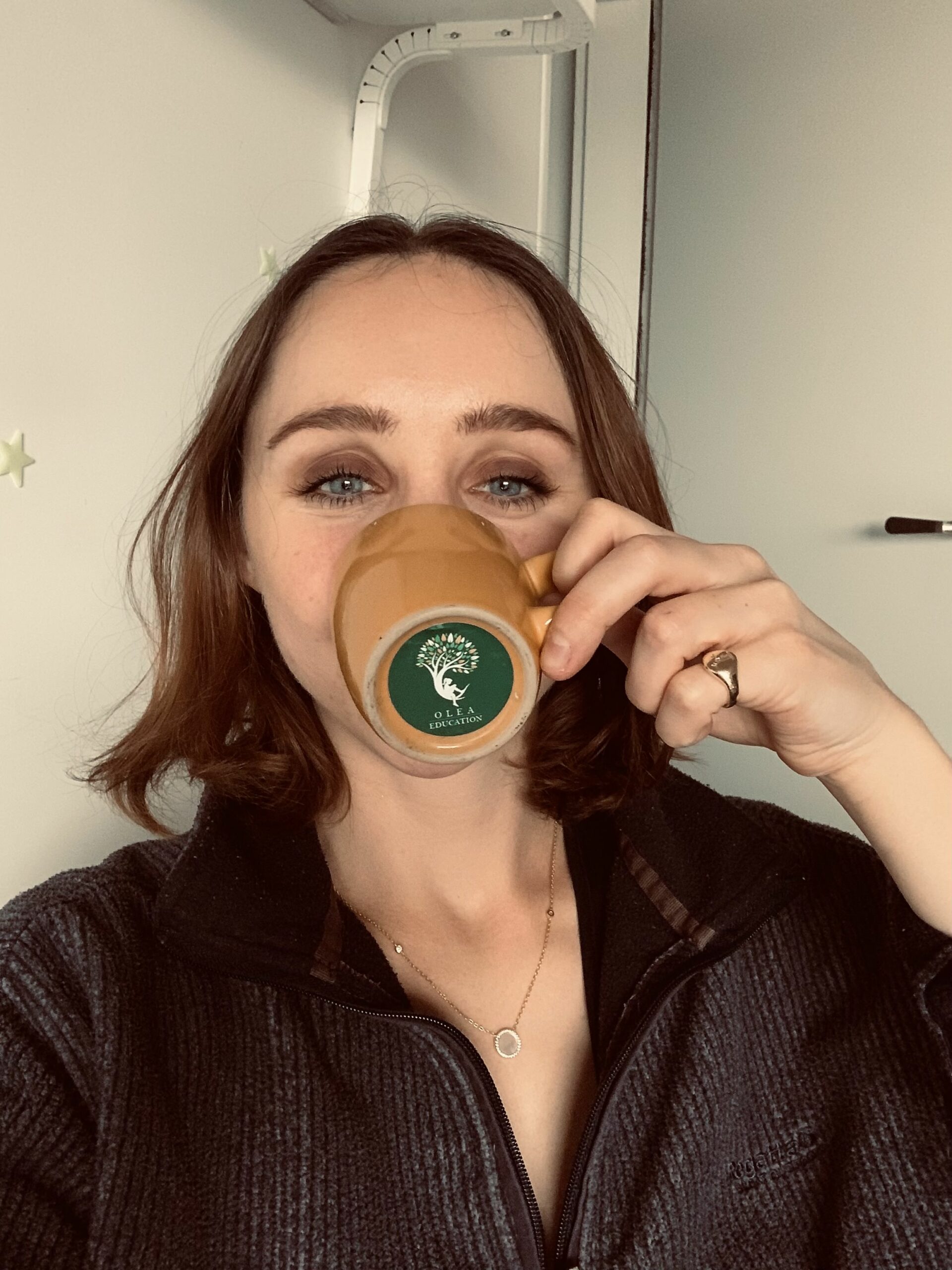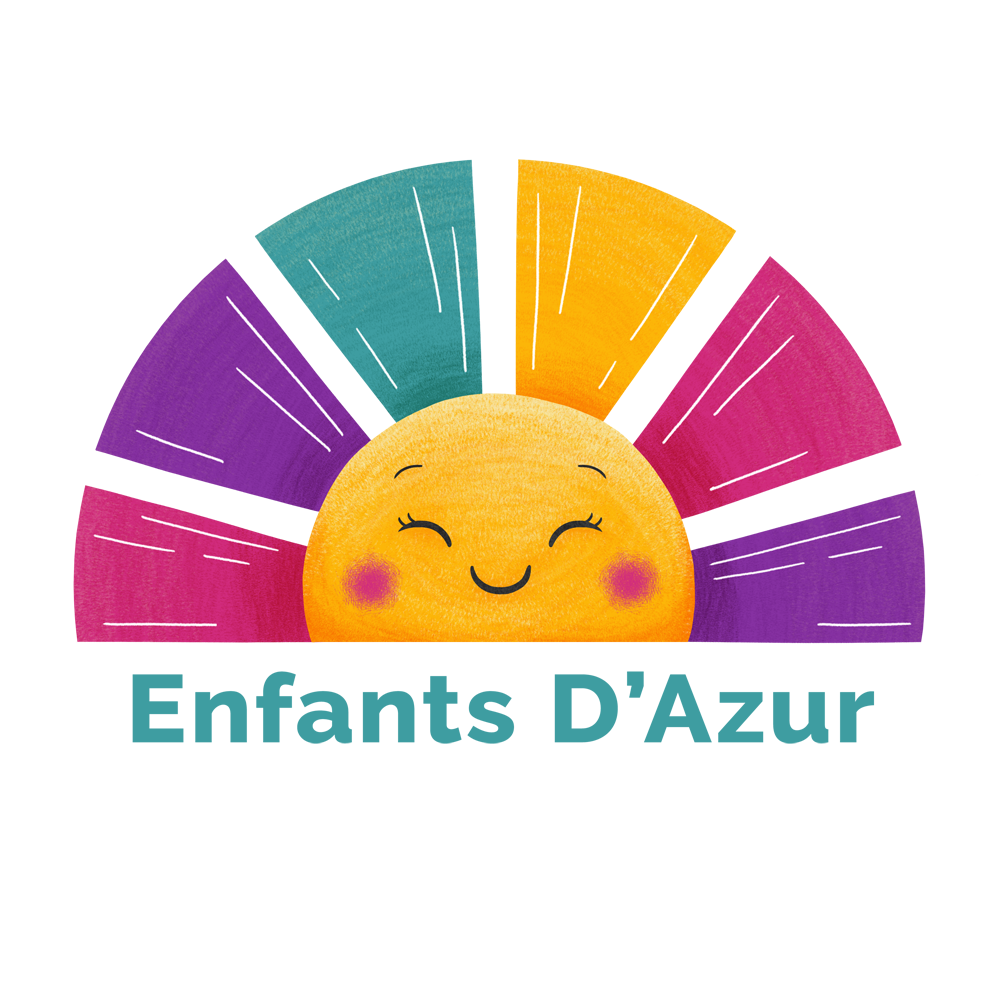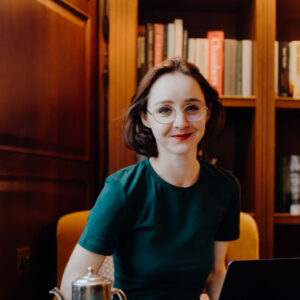Is Creative Multilingualism The Answer To 21st Century Readiness? Olea Education Says “Oui, 是的”.
Is Creative Multilingualism The Answer To 21st Century Readiness? Olea Education Says “Oui, 是的”.
By Olivia Halsall, OLEA Education

This is the last of our four articles in Enfants D’Azur, and wow what a year it’s been. Since December 2022, Olea has undergone a 180-degree pivot; we have realigned our values, spoken to hundreds of teachers, students, and parents about their concerns for the future, and thus consolidated our niche skill set and passion into one avenue of direction.
That direction is this: Olea’s mission is to ensure every learner is brought into the 21st century fully multilingual. For learners in Europe (and indeed most non-anglophone countries), multilingualism is the norm, and monolingual nations are an exception. Even though 36% of Brits only speak one language, in London today, as a result of the arrival of migrants and refugees in the second half of the last century, it is estimated that approximately 300 languages are spoken.
But for countries where multilingualism is already the norm, is this really enough? Is it enough to speak three languages fluently, or can we do better?
We think so, yes. Multilingualism is brilliant, however maximising the ability to speak numerous languages isn’t capitalised on enough. Much research has been done on creativity and multilingualism, but it’s a bit of a chicken and egg situation. Does being creative help you to learn foreign languages, or does learning a foreign language make you more creative?
Either way, what’s important here is the positive correlation between foreign language learning and creativity. Why is creativity so fundamental in order to be 21st century ready?
Because creative individuals are characterised by their ability to think outside the box and come up with novel solutions to complex problems. They have a capacity for original and divergent thinking, which allows them to generate unique and unconventional ideas. They are also able to see connections and relationships between seemingly disparate ideas and concepts, which allows them to synthesise new and innovative solutions. In a rapidly, ever-changing world, creative souls will save us.
When we mix this altogether - creativity, learning foreign languages, and the 21st century - we start to paint a pretty visceral picture of what the future of multilingual education might look like, and it’s exciting stuff. In November, I published an article in EdTech Digest entitled, “Poetry: An Alternative Answer To Onboarding The Next Generation Onto Web3”.
In this I explained, “So what does Web3 have to do with poetry, a form of literature that has historically been wholly humanities-focused? The answer, or rather, the common denominator is this: an upward trajectory, human connectivity and transparency. … The intersection of poetry with natural language processing (a form of artificial intelligence) is a significant area of potential to safely educate the next generation about Web3. There is something so very human about the need for poetry, and we need to preserve our most human instincts as we approach Web3.”

Multilingual poetry, for example, is a highly creative way to engage learners in what the languages of the 21st century might look like. It also so happens to have been the topic of my master’s research at the University of Cambridge. By inspiring learners to express, explore and elicit their multilingual identity through creative outlets (such as poetry), we can empower learners to capitalise upon their multilingualism.
How? Imagina a workshop on personal branding. Imagine daily exercises cementing confidence in who you are and where you are going in life. Imagine a summer school on the importance of storytelling. The list is endless, and we are here to educate and inspire learners around the world to not just speak numerous languages, but to become multilingual, and adopt it as part of their identity.
After all, when we mix creativity, learning foreign languages, and the 21st century altogether in one big pot, the creative potential to inspire the next generation’s creative potential is breathtaking. We won’t stop until every learner is multilingual; that is our promise to the world.
Author: Olea Education is a British EdTech venture on a mission to bring every learner into the 21st century multilingual. Why? Because speaking numerous languages will be necessary to remain competitive in the 21st century landscape. How do we do this? Through creativity! We organise Olea Createathons™ for schools and corporates, igniting (linguistic) creativity and equipping them with the skills to better problem solve. Our pedagogy is rooted in academic research from the Faculty of Education, University of Cambridge. We won’t stop until every learner is multilingual; that is our promise to the world. For weekly updates, subscribe to our newsletter.


